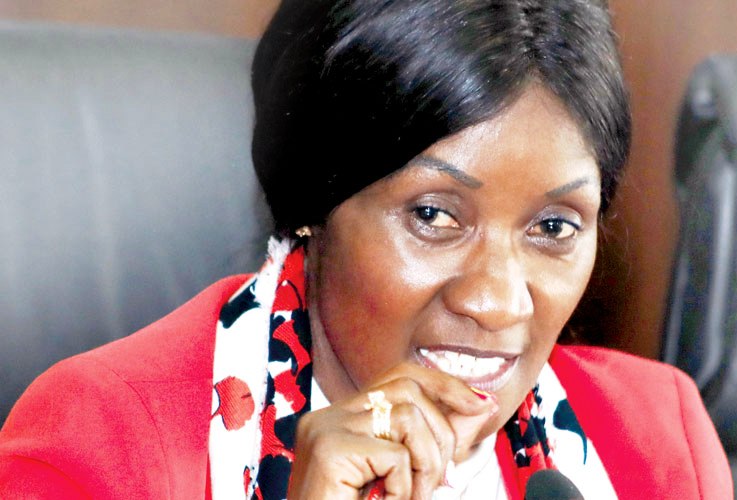The Teachers Service Commission, TSC, has ordered teachers to report back to their schools. According to TSC Boss Dr. Nancy Macharia, all Primary and Secondary School teachers will be expected to report to their respective schools by Monday, September 28 to prepare for imminent re-opening.
“We have deliberated as a committee and we are therefore now asking our teachers to report back to schools on Monday September 28, 2020, to prepare for the eventual reopening of schools,” said Dr Macharia, while addressing the media at the Kenya Institute of Curriculum Development (KICD) on Monday.
“We will continue asking our teachers for their sacrifice, creativity, resilience and innovative sense they have had so that both learners and parents are assured of safety and syllabus coverage when schools do open….We wish to assure the country that our teachers are totally prepared and ready to help our children recover the lost time and save the academic year was that at risk of being lost. We know our teachers will do this and we ask all of you to support them.” Added the TSC Boss.
She was addressing the media moments after attending the education stakeholders’ meeting. The committee comprised of officials from the Ministry of Education, TSC, private schools, private schools, teachers’ unions, doctors’ union, school heads and religious leaders.
Related news;
Education Cabinet Secretary George Magoha on his part said the decision on when to reopen schools will be made soon.
“We have not said schools are opening. We shall give you dates after appropriate government machinery has met,” said Prof Magoha while warning that schools have not been reopened for learners.
“It is not for me to give the date for the re-opening, I will table this report before a larger committee for a deliberation on the actual date for the resumption of schooling,” he added.
But, in what will be taken as a very clear indication of imminent reopening, the CS said it is high time that schools were reopened.
“We shall give appropriate dates for opening schools after appropriate Government machinery has gone through. I think it is about time to call our children back to school.” He said.
The teachers will be expected to prime schools before learners report back. Those that may have been destroyed by natural calamities like floods will have their kids transferred to neighbouring schools.
“The schools that have been destroyed or damaged, the children will be moved to other schools.” He explained.
